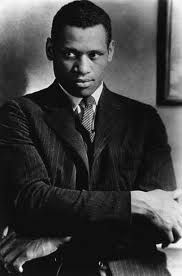This was written by Ellen Brown back on April 14. We shall see a few years from now whether Libyans will still be cheering and throwing flowers like Iraqis and Afghanis and Bahraini’s are now…
Several writers have noted the odd fact that the Libyan rebels took time out from their rebellion in March to create their own central bank – this before they even had a government. Robert Wenzel wrote in the Economic Policy Journal:
I have never before heard of a central bank being created in just a matter of weeks out of a popular uprising. This suggests we have a bit more than a rag tag bunch of rebels running around and that there are some pretty sophisticated influences.
Alex Newman wrote in the New American:
In a statement released last week, the rebels reported on the results of a meeting held on March 19. Among other things, the supposed rag-tag revolutionaries announced the “[d]esignation of the Central Bank of Benghazi as a monetary authority competent in monetary policies in Libya and appointment of a Governor to the Central Bank of Libya, with a temporary headquarters in Benghazi.”


Recent Comments